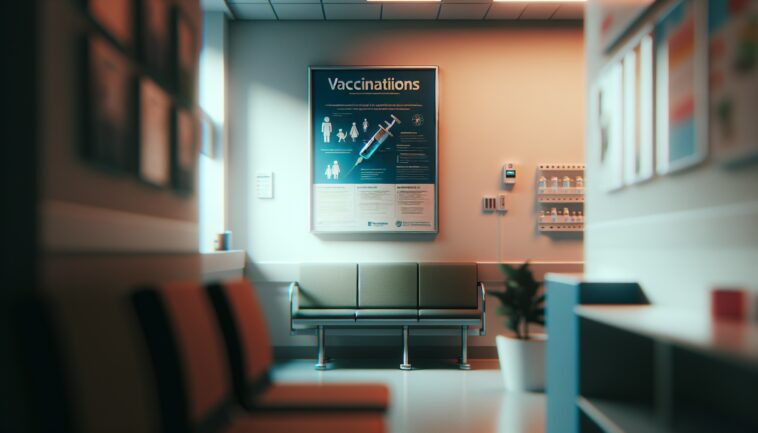Table of Contents
Understanding the measles risk for infants
In a concerning development, a baby in Denver County, Colorado, has contracted measles, marking the state’s second confirmed case in 2025. This infant, who is under one year old, was unvaccinated due to age restrictions.
The child had recently traveled to Chihuahua, Mexico, where a measles outbreak is currently active. This situation serves as a critical reminder for families, especially those with young children, about the importance of vaccinations and the risks associated with international travel.
According to Dr. Rachel Herlihy, the state epidemiologist, infants under 12 months are particularly vulnerable to measles. They are typically too young to receive the measles, mumps, and rubella (MMR) vaccine, which is crucial for preventing this highly contagious disease.
Families planning international travel should consult healthcare providers about the possibility of early MMR vaccination for their infants, especially when visiting areas with known outbreaks.
Symptoms and prevention strategies
Measles symptoms usually appear seven to 21 days after exposure. Initial signs include fever, cough, runny nose, and red eyes, which are later followed by a facial rash that spreads across the body.
The Centers for Disease Control and Prevention (CDC) emphasizes the importance of vaccination, recommending that children receive two doses of the MMR vaccine, starting at 12 to 15 months of age, with a second dose between ages four and six.
In light of the recent case, health officials have advised anyone who visited the Denver Health Emergency Department on April 6 to monitor for symptoms and avoid public gatherings, especially if they have not received the MMR vaccine. The vaccine can prevent infection if administered within 72 hours of exposure, making timely vaccination crucial for at-risk individuals.
The broader context of measles in the U.S.
As of early April, the CDC reported a total of 607 confirmed measles cases across 22 jurisdictions in the United States, including states like California, Florida, and New York. This resurgence of measles cases underscores the importance of maintaining high vaccination rates to protect vulnerable populations, particularly infants who cannot be vaccinated yet.
Parents and caregivers must stay informed about vaccination schedules and the risks associated with measles outbreaks. Engaging with healthcare providers and understanding the implications of travel can help mitigate the risks of measles and other preventable diseases. As the world becomes increasingly interconnected, awareness and proactive health measures are essential for safeguarding our youngest and most vulnerable community members.




